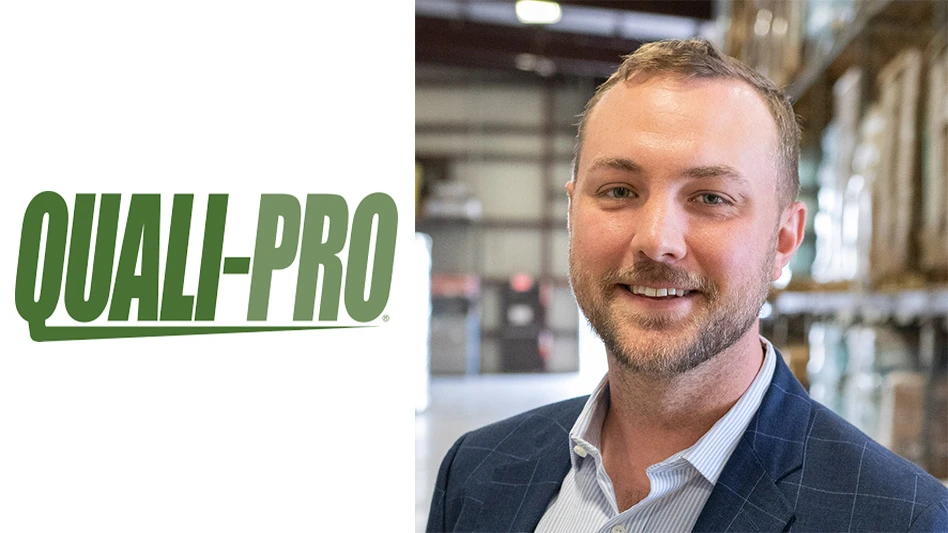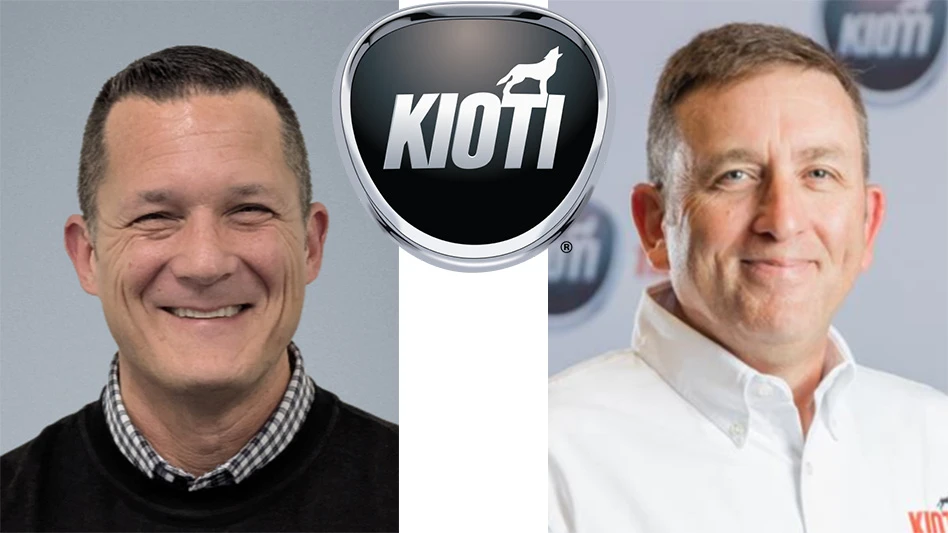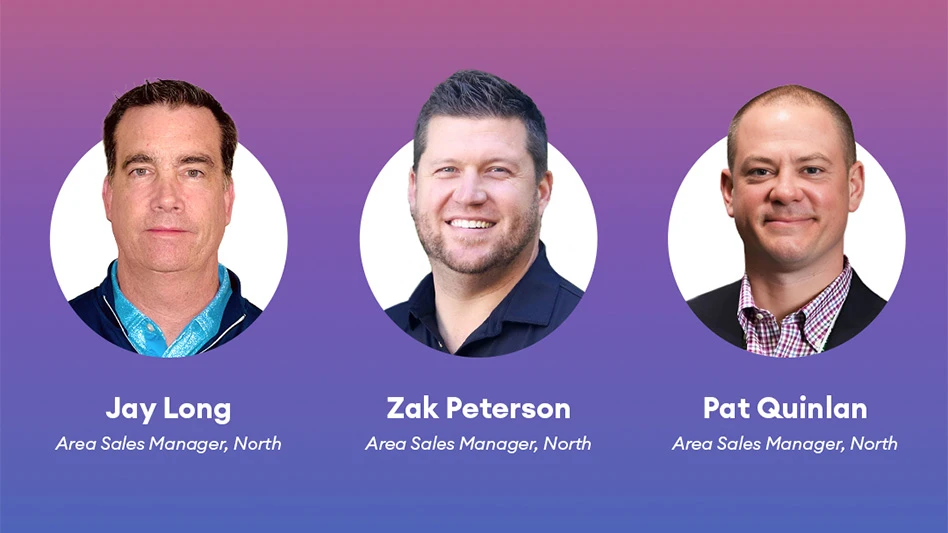
Growing up I was a big fan of the late George Carlin. He and Richard Pryor were my two favorite comedians.
Carlin and Pryor were known for their liberal use of profanity. My mother certainly did not approve of their language, so I had to sneak downstairs in the middle of the night to watch them on HBO.
Speaking of language, Carlin had a skit that has stuck with me for decades. He talked about how the use of “soft language,” or euphemisms, concealed the truth. He said most Americans had difficulty dealing with or accepting the truth, so they invented a soft language to protect themselves.
To explain, he gives the glaring example of how over the course of multiple generations the medical condition that was known as “shell shock” during World War I became “battle fatigue” during World War II. In the 1950s, during the Korean War, the same condition was renamed “operational exhaustion” before we finally landed on “post-traumatic stress disorder” by the Vietnam War.
His point? With each iteration, the severity of the condition is massaged to not appear to be as severe as what it really is: the complete shutdown of a nervous system due to the extreme overload placed upon it in combat. Through the years, we have learned that you do not have to go to war to suffer from PTSD. By now, you are starting to see where I am going.
George made other jokes about everyday things, asking audiences, When did toilet paper become bathroom tissue, car crashes become automobile accidents and doctors become health care providers? I can tell you that the first time I saw the words “plant protectant” in print I almost spit out (sorry, involuntarily expectorated) my coffee. I will say, I spent a good number of years agreeing with George, but they say we mellow with age and I have now come to see this another way.
All of us in the business have faced decades of public scrutiny for the perceived misuse of chemicals, fertilizers and water. We have made tremendous strides in recent years, stepping up to spread the message of how we are responsible stewards of the land.
According to the USGA and GCSAA’s Golf Course Environmental Profile, water use on golf courses account for only 0.5 percent of all daily water withdrawn in the United States. And the advent of IPM approaches to turfgrass management has led to input reductions.
So what is the problem, you ask? I am willing to wager that the vast majority of John and Jane Smiths in the world think of only one thing when they hear the word pesticide — DDT. And when they hear the word chemical, they are most likely thinking of the kind of skull and crossbones symbol so familiar in cartoons.
If we want the public to understand that our use of plant protectants is done responsibly and that we use far less than the public believes, we probably should stop saying the word all together. If you give an interview in print, on air or online, saying something along the lines of “we do not use chemicals in an irresponsible manner,” it probably doesn’t help the cause in any way, because the only thing the public heard you say is “we ... use chemicals.”
If we are going to be successful in changing public perception, then we must adopt the same strategy George was making fun of all those years ago.
That line item in your budget should be referred to as your plant health budget, and the products contained within that budget should consist of fungicides, insecticides, wetting agents, plant growth regulators, plant health activators, plant protectants and even turf stress reducers.
A good friend of mine told me he had an English teacher growing up who said words are tools and what is most important is how you use them. I think this is a great message and one that all of us understand, because we are at our best when we have a good toolbox. Please let us put those tools to work for us and get our message across.
Sure, it will take a little getting used to. But if we want the world to understand that we care for the Earth in a responsible manner, using science and an integrated approach of best management practices to provide a sustainable environment for the enjoyment of our clientele, we cannot go on using antiquated words.
And while we are at it, can we please stop posting pictures of rooms full of pallets when your Early Order arrives? Again, the public only knows what they think, and they think they see stacks and stacks of … well, you know the word.

Explore the July 2021 Issue
Check out more from this issue and find your next story to read.
Latest from Golf Course Industry
- From the publisher’s pen: Technology diffusion and turf
- Applications open for 2025 Syngenta Business Institute
- Smart Greens Episode 1: Welcome to the digital agronomy era
- PBI-Gordon promotes Jeff Marvin
- USGA investing $1 million into Western Pennsylvania public golf
- KemperSports taps new strategy EVP
- Audubon International marks Earth Day in growth mode
- Editor’s notebook: Do your part





